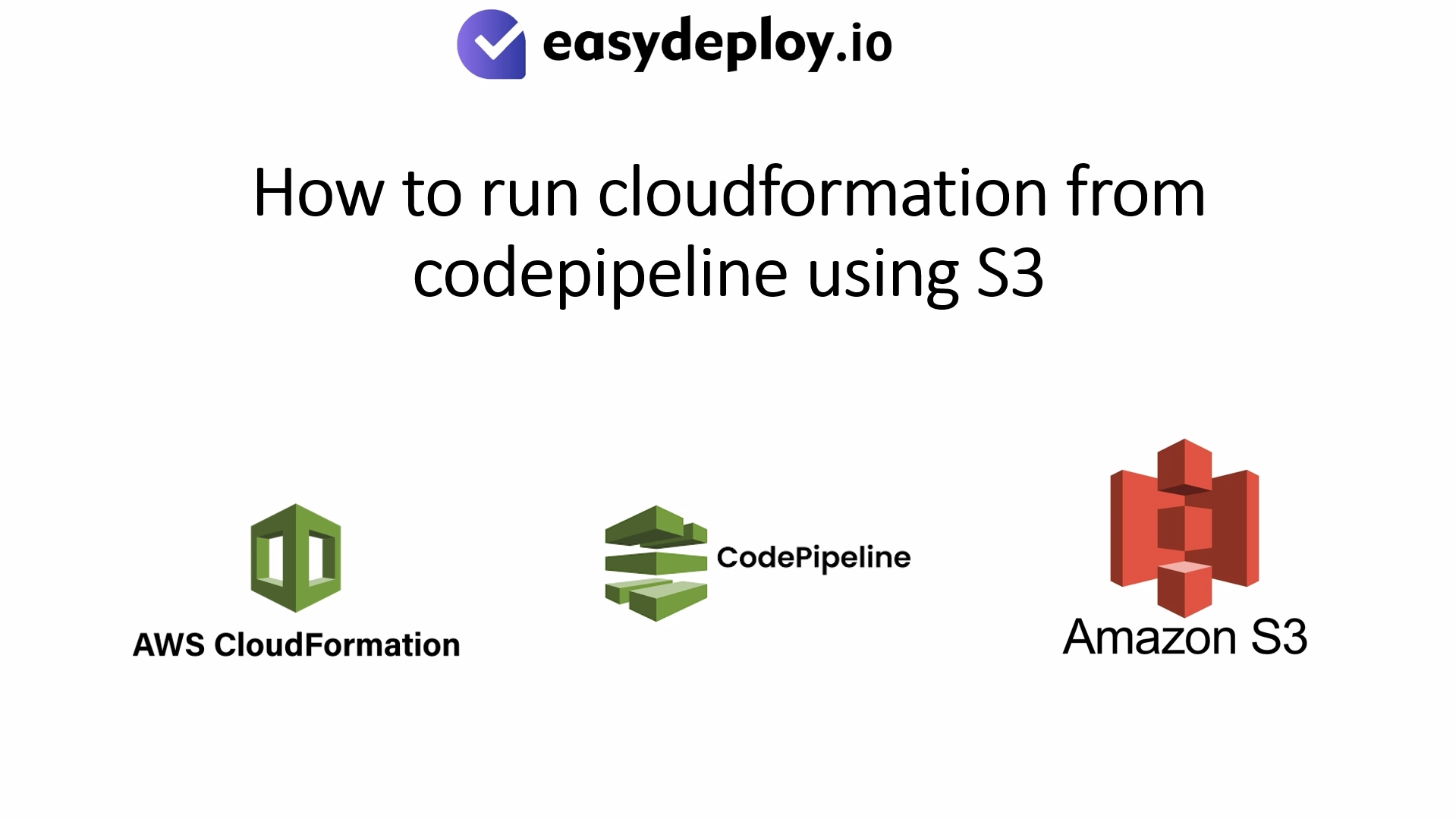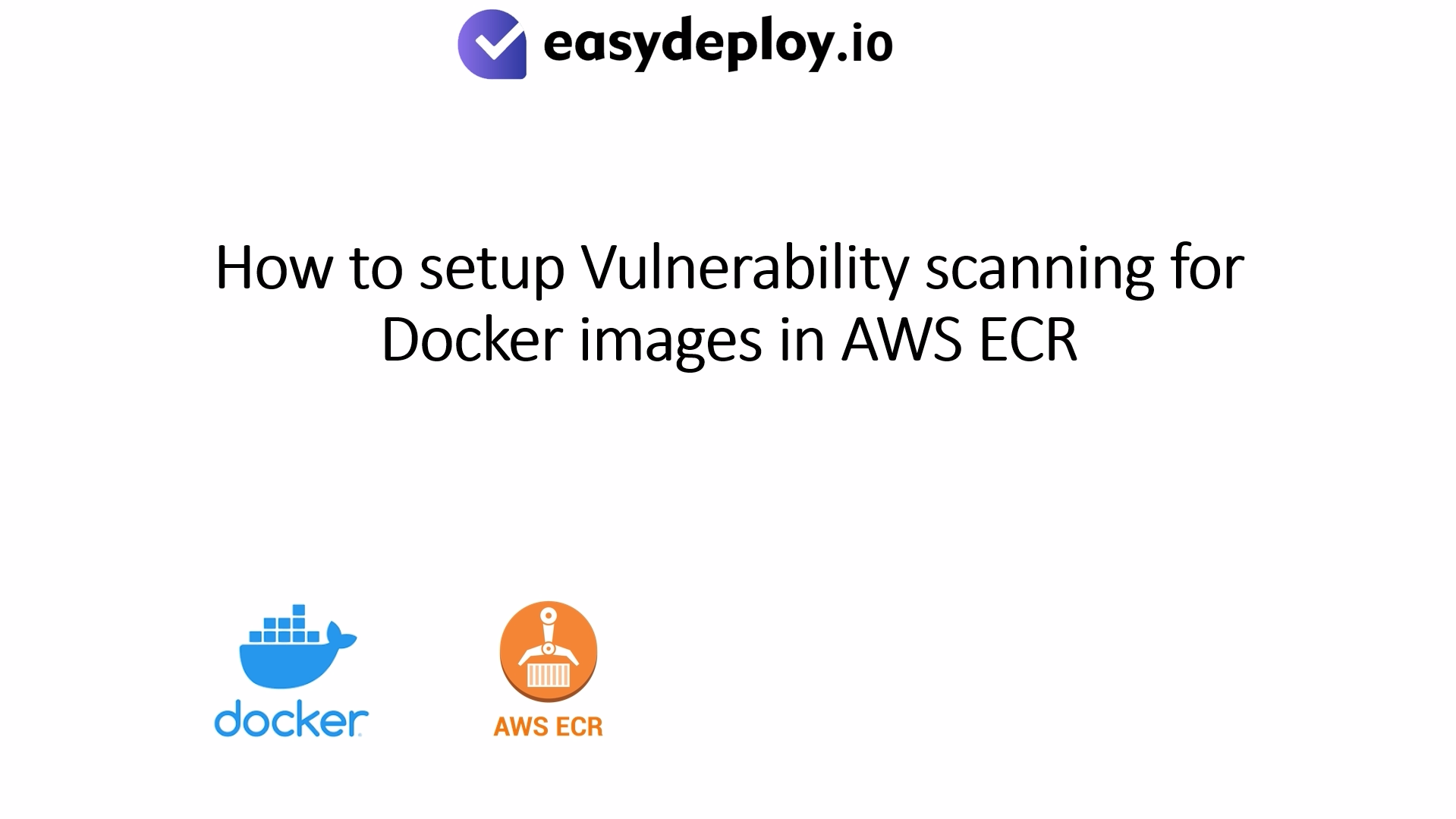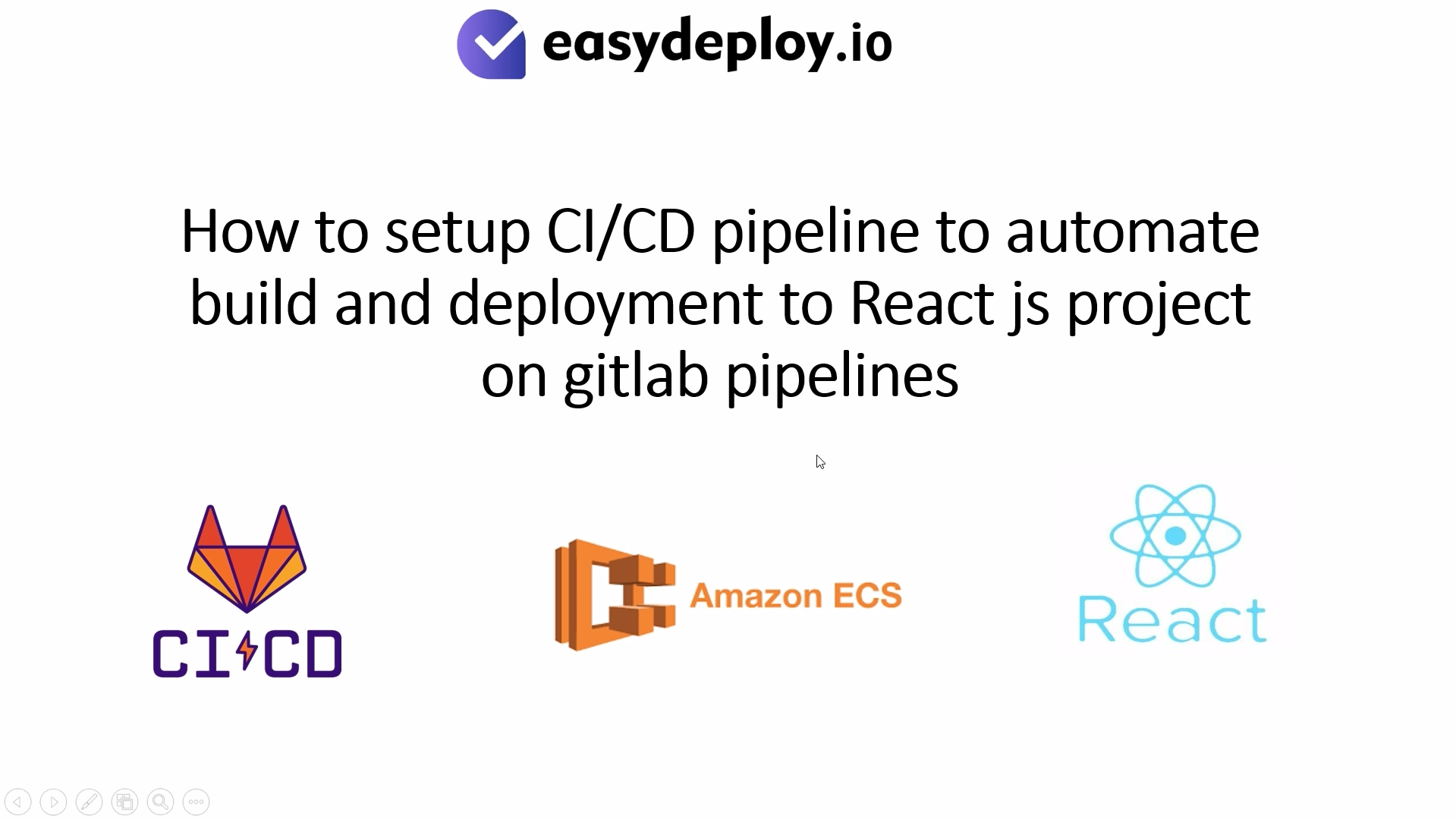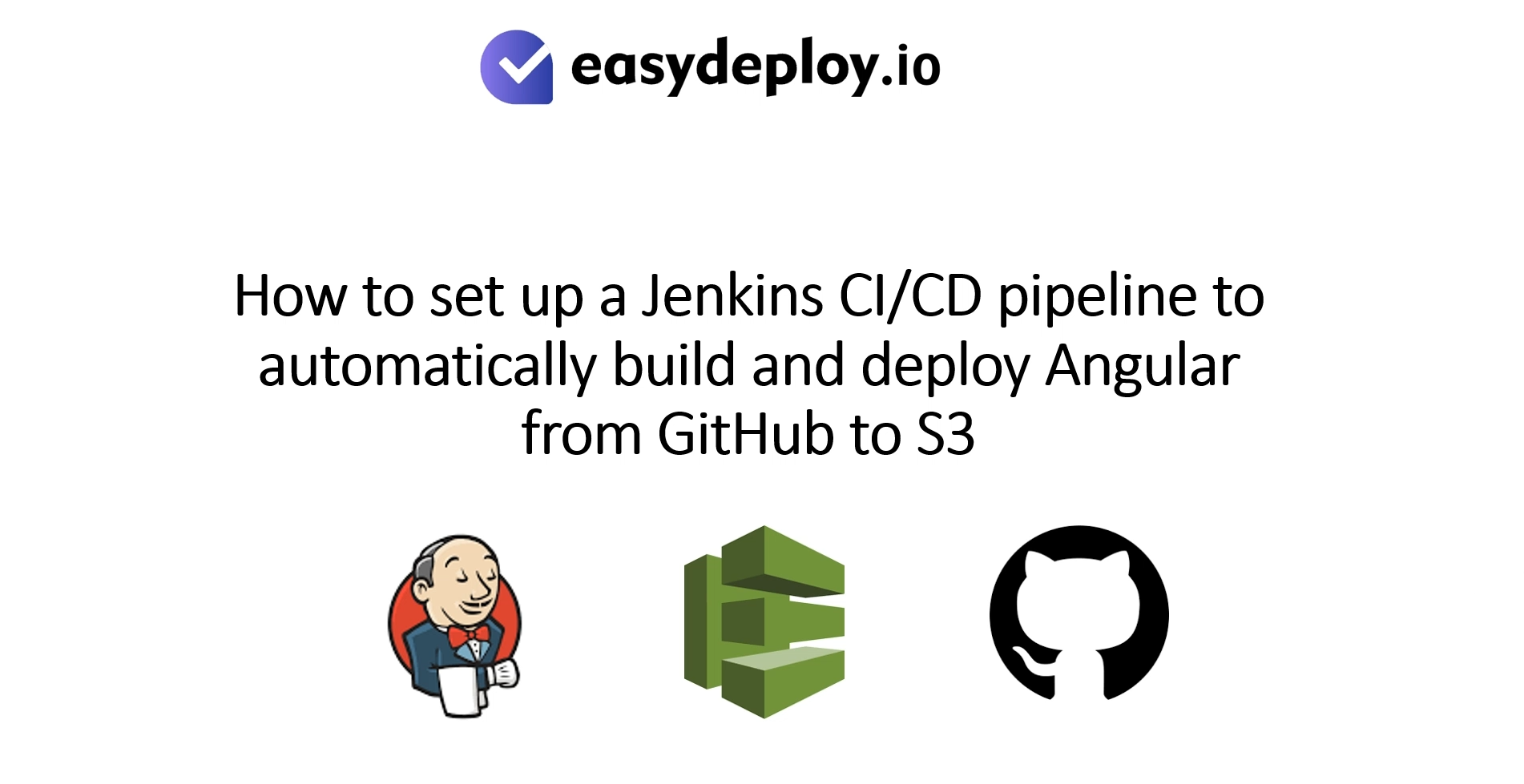If you’re thinking about using cloud services for your business, that’s a smart move. Cloud computing can save you money, make your work more efficient, give you more flexibility, and keep your data safe.
Now, the big question is: which cloud service should you pick? There are a few options, and they each have their own strengths. Some are better for certain types of tasks.
Let’s take a look at AWS vs Azure vs Google Cloud, and why a business might choose one of them for their cloud needs.
AWS Vs Azure Vs Google Cloud: Definition
Amazon Web Services (AWS)
Amazon Web Services (AWS) offers computing resources and services to build applications rapidly at a pay-as-per-you-go price. For instance, you can be able to rent a server to connect, configure, secure, and run like a physical server. The main distinction is you can run the virtual server on a top AWS-scaled network.
AWS Service is the biggest cloud provider globally, with a 34% market share. They offer over 200 AWS services, including computing, storage, and serverless options. Some examples include Amazon EC2 for computing, Amazon S3 for storage, and Amazon Lambda for serverless computing.
Microsoft Azure
Microsoft Azure, a public cloud platform, offers various Azure services such as infrastructure as a Service (IaaS), Platform as a Service (PaaS), and Software as a Service (SaaS) solutions and it can be employed for various purposes such as analytics, virtual computing, storage, networking, and so on.
Google Cloud
Google Cloud, initially known as App Engine, was introduced by Google in 2008 as a comprehensive suite of cloud computing services.
Google Cloud service provides businesses globally with Infrastructure as a Service (IaaS), Platform as a Service (PaaS), and Software as a Service (SaaS) solutions. GCP primarily serves as a platform for creating and managing custom applications that can be deployed from its high-capacity data centers.
Startups looking to boost their growth often turn to GCP service, which offers proven open-source platforms. Similarly, agile scale-up companies make use of GCP’s swift advancements in cloud technology to drive revenue and expand their market presence.
AWS Vs Azure Vs Google Cloud: Who Uses Them?
Since the longevity of AWS in the industry, it boasts a bigger user community support and user base. Some of the notable users of the AWS Service such as:
- Netflix Airbnb
- Unilever
- BMW
- Samsung
- MI
- Zynga
While Azure entered the cloud market relatively recently, its popularity has soared to rival that of AWS. Till now, Microsoft Azure has offered services to up to 80 percent of Fortune 500 companies. Some of its major customers include:
- Johnson Controls
- Polycom
- Fujifilm
- HP
- Honeywell
- Apple
Google Cloud leverages the same Cloud infrastructure as Google Search and YouTube, earning the trust of numerous top-tier companies. Prominent clients of Google Cloud include
- HSBC
- PayPal
- 20th Century Fox
- Bloomberg
- Dominos
The above cloud providers offer computing services required for any firm. They primarily vary in the number of services they offer.
AWS vs Azure vs Google Cloud: Services
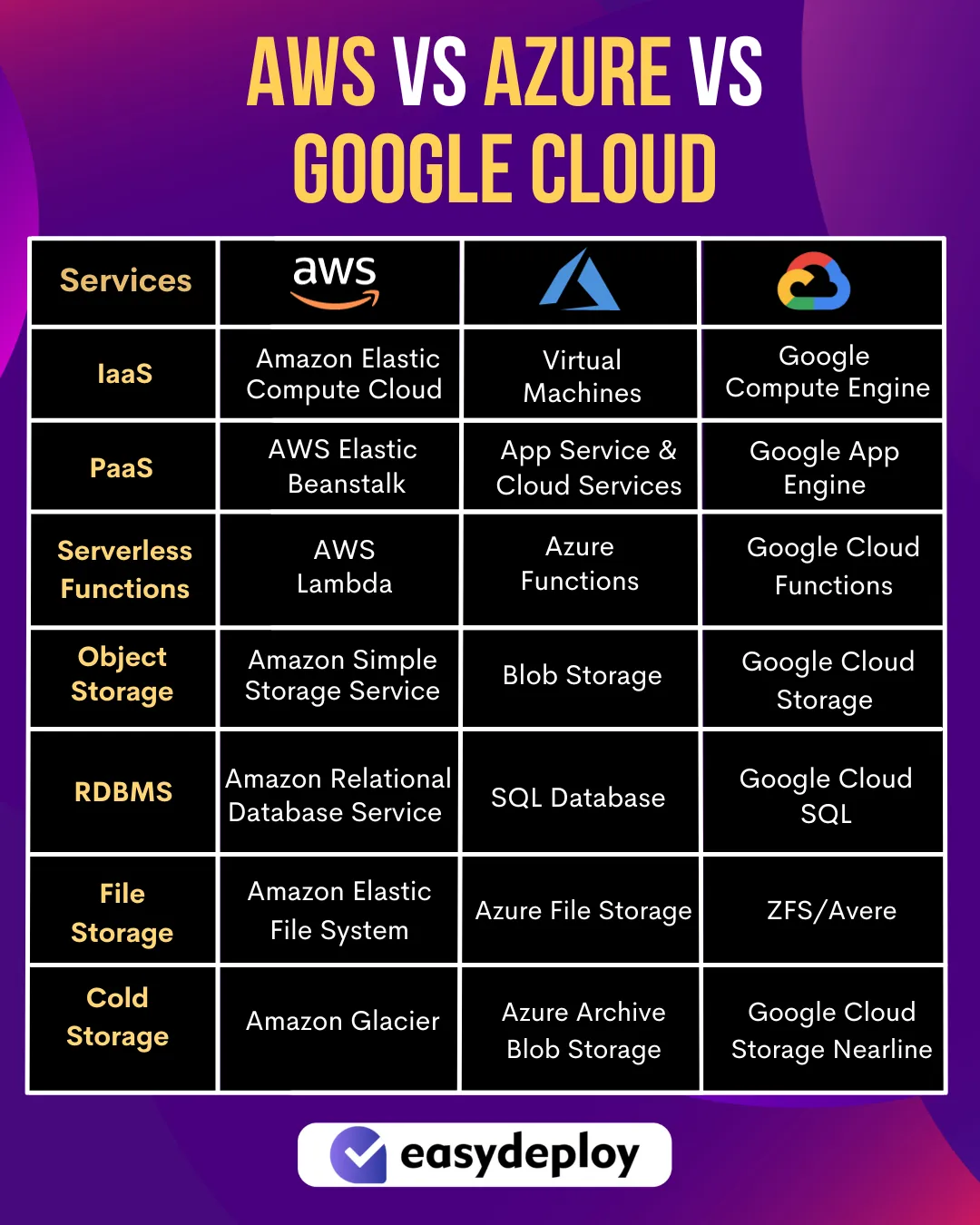
AWS has over 200 services, Azure has more than 100 Services, and Google Cloud offers about 60 services. Here’s how they break down in terms of computing, databases, storage, and networking:
Compute Services
| Services | AWS | Azure | GCP |
|---|---|---|---|
| IaaS | Amazon Elastic Compute Cloud (EC2) | Virtual Machines | Google Compute Engine |
| PaaS | AWS Elastic Beanstalk | App Service and Cloud Services | Google App Engine |
| Containers | Amazon Elastic Container Service | Azure Kubernetes Service (AKS) | Google Kubernetes Engine |
| Serverless Functions | AWS Lambda | Azure Functions | Google Cloud Functions |
Database Services
| Services | AWS | Azure | GCP |
|---|---|---|---|
| RDBMS | Amazon Relational Database Service (RDS) | SQL Database | Google Cloud SQL |
| NoSQL: Key-Value | Amazon DynamoDB | Table Storage | Google Cloud Datastore, Google Cloud Bigtable |
| NoSQL: Indexed | Amazon SimpleDB | Azure Cosmos DB | Google Cloud Datastore |
Storage Services
| Services | AWS | Azure | GCP |
|---|---|---|---|
| Object Storage | Amazon Simple Storage Service (S3) | Blob Storage | Google Cloud Storage |
| Virtual Server Disks | Amazon Elastic Block Store (EBS) | Managed Disks | Google Compute Engine Persistent Disks |
| Cold Storage | Amazon Glacier | Azure Archive Blob Storage | Google Cloud Storage Nearline |
| File Storage | Amazon Elastic File System (EFS) | Azure File Storage | ZFS/Avere |
Networking Services
| Services | AWS | Azure | GCP |
|---|---|---|---|
| Virtual Network | Amazon Virtual Private Cloud (VPC) | Virtual Networks (VNets) | Virtual Private Cloud |
| Elastic Load Balancer | Elastic Load Balancer | Azure Load Balancer | Google Cloud Load Balancing |
| Peering | Direct Connect | ExpressRoute | Google Cloud Interconnect |
| DNS | Amazon Route 53 | Azure DNS | Google Cloud DNS |
Aws Azure Google price comparison:
Cloud services generally offer similar functions, but pricing often stands out as a crucial distinguishing element. Azure, GCP, and AWS follow a similar pricing approach, employing a pay-as-you-go model. The pricing variations come into play based on whether you opt for on-demand resources or commit to reserved usage.
AWS Pricing Model
In AWS Service, the pricing model follows a pay-as-you-go structure, where you are billed only for the services you actively utilize. This approach eliminates the need for protracted commitments or intricate licensing arrangements. Furthermore, AWS extends the benefit of volume-based discounts, which means that as your usage increases, your costs decrease.
Azure Pricing Model
Microsoft Azure similarly offers competitive pay-as-you-go pricing tailored to the specific financial considerations and operational needs of your organization. You retain the flexibility to adjust or terminate your plans as needed while maintaining continuous oversight of your cloud usage and associated cost trends.
Google Cloud Pricing Model
Google Cloud Service adheres to the industry-standard practice of pay-as-you-go billing, ensuring that you are charged solely for the resources and services you consume. Their transparent and innovative pricing framework is designed to optimize cost efficiency, ultimately enabling you to realize savings.
For Smallest Instance (2 vCPUs, 8 GB RAM):
- AWS: $69/month
- Azure: $70/month
- GCP: $52/month (25% cheaper than AWS)
For Largest Instance (3.75-3.89 TB RAM, 128-160 vCPUs):
- AWS: $3.97/hour
- Azure: $6.79/hour
- GCP: $5.32/hour
AWS Vs Azure Vs Google Cloud: Pros and Cons
AWS: Pros and Cons
Pros
- AWS services offer computing power, storage, databases, analytics, machine learning, and so on.
- AWS enables businesses to scale their resources up or down based on demand. AWS has flexible options for storing, networking, and computing resources to meet the fluctuating workloads of the organization,
- AWS has a global infrastructure with data centers localized in multiple regions worldwide.
Cons
- Major software providers charge for their apps on AWS Dev/Enterprise support.
- Newcomers may find the vast array of services and options overwhelming.
- There are only a few hybrid cloud alternatives.
Microsoft Azure
Pros
- Streamlined integration and migration of existing Microsoft services.
- Offers a wide array of AI, machine learning, and analytics services.
- Cost-effective options compared to AWS and GCP.
- Strong support for hybrid cloud strategies.
Cons
- Limited service choices compared to AWS.
- Primarily tailored for business customers.
Google Cloud
Pros
- Seamlessly integrates with various Google services and products.
- Outstanding support for containerized workloads.
Cons
- Fewer service offerings compared to AWS and Azure.
- Limited support for enterprise use cases.
AWS vs Azure vs Google Cloud: Regions and Availability Zones
When choosing a cloud provider, it’s crucial to start by looking at the regions and availability they offer. These factors greatly affect the performance of your cloud services, especially when dealing with data and ensuring compliance with regulations.
- Amazon Web Services (AWS) is divided into 22 geographic regions and has 14 data centers. Additionally, it has a network of over 114 edge locations and 12 Regional Edge Caches.
- Microsoft Azure operates in a total of 54 regions, and each region has at least three availability zones. Azure also has 116 edge locations.
- Google Cloud Platform (GCP) consists of 34 cloud regions, 103 zones, and more than 200 edge locations.
In the world of cloud computing, AWS has maintained its leadership since the beginning. AWS holds a commanding position, boasting approximately 33 percent of the global market share. Following closely is Microsoft Azure, with a substantial 23 percent share of the global market. Meanwhile, GCP secures the third spot with an 11 percent global market share.
Market Share Breakdown:
- AWS: 33%
- Microsoft Azure: 23%
- GCP: 11%
AWS vs Azure vs Google Cloud: Feature
| Feature | AWS | Azure | Google Cloud |
|---|---|---|---|
| Market Share | 32% | 23% | 10% |
| Availability | 31 regions, 99 Availability Zones | Multiple regions worldwide | Available in 200+ countries and territories, expanding in various regions |
| Age | 11 years old | 5 years old | 6 years old |
| Pricing | Per second pricing with a 60-second minimum | Per-minute basis | Per-minute basis |
| Compute | EC2 (Elastic Compute Cloud) provides computing administration. Offers customizable virtual machines. | Create virtual machines and scale sets for virtual machines. | GCE (Google Compute Engine) provides similar functionality. |
| Storage | Provides apportioned, transient (brief) storage. Instances are terminated at the end of use. | Uses ID drives (transient storage) and Page Blobs for VM-based volumes in Block Storage. Offers Object Storage using Block Blobs and Files. | Offers both transient and persistent storage options. Provides Google Cloud Storage for Object storage. |
After assessing the strengths and weaknesses of these three cloud providers, it’s clear that each has its own unique offerings and caters to various customer needs.
However, upon closer examination, AWS Service appears to have the largest presence in the ongoing competition among AWS vs Azure vs Google. While AWS currently leads the pack, the duration of its dominance remains uncertain.
Azure and GCP are actively working to capture a significant share of the global cloud market. Azure’s advantage lies in its seamless integration with Microsoft tools, making it a favorable choice for organizations using these tools. Conversely, GCP’s competitive pricing models address cost-related concerns for customers.
AWS vs Azure vs Google Cloud: Which Is Better
From the above considerations, you will come to know which cloud giant is going to win. Here are some considerations taken into account to claim which is the better one. Let’s see:
- Establishment: AWS holds the advantage with a 5-year head start.
- Availability Zones: AWS leads with a greater number of regions and availability zones.
- Market Shares: AWS dominates with approximately one-third of the market share.
- Growth Rate: GCP demonstrates remarkable growth with a nearly 100 percent rate, making it the winner in this category.
- User Base: All three cloud platforms boast high-end customers, resulting in a tie in this regard.
- Services: AWS offers the most extensive range of services, making it the winner in this category.
- Integration: Azure excels in integrating with open-source and widely-used on-premise systems, such as Microsoft tools commonly used in organizations.
- Pricing Models: Google Cloud stands out with more customer-friendly pricing and discount models.
At the end of this comparison, you come to know who wins the battle. Yes, it is definitely AWS. Even the longevity of the AWS in cloud market may be one of the reasons for its success.
Nowadays, the cloud platforms such as Azure and GCP also working relentlessly to reach the AWS height. So, we have to sit and watch, which one leads better in the future.
Every cloud provider has their own strengths in delivering their services based on the requirements.
Conclusion
Hope this article covers everything about three cloud giants such as AWS, Azure, and Google Cloud in a detailed manner. Remember, all three major cloud providers offer free trials, allowing you to explore them before committing to a paid plan.
If you’re still uncertain about the best fit for your needs, consider a cloud consultant like EasyDeploy. We have a track record of developing, deploying, and maintaining customized cloud applications for a wide range of clients, from Fortune 500 companies to emerging enterprises. Your cloud dilemma is in capable hands with us.
EasyDeploy is a Cloud Service provider and it can organize your cloud-based business transformation. For a detailed cloud consultation, contact us today.
FAQ’s
- Which is best AWS or Google Cloud or Azure?
It depends on what technology you are looking for. AWS excels in global presence and scalability, Azure is notable for seamless integration and superior security, and GCP stands out with advanced data management and machine learning capabilities.
2. Which cloud platform is more adept at seamless integration with other services?
Azure is recognized for its strong integration capabilities with various services.


